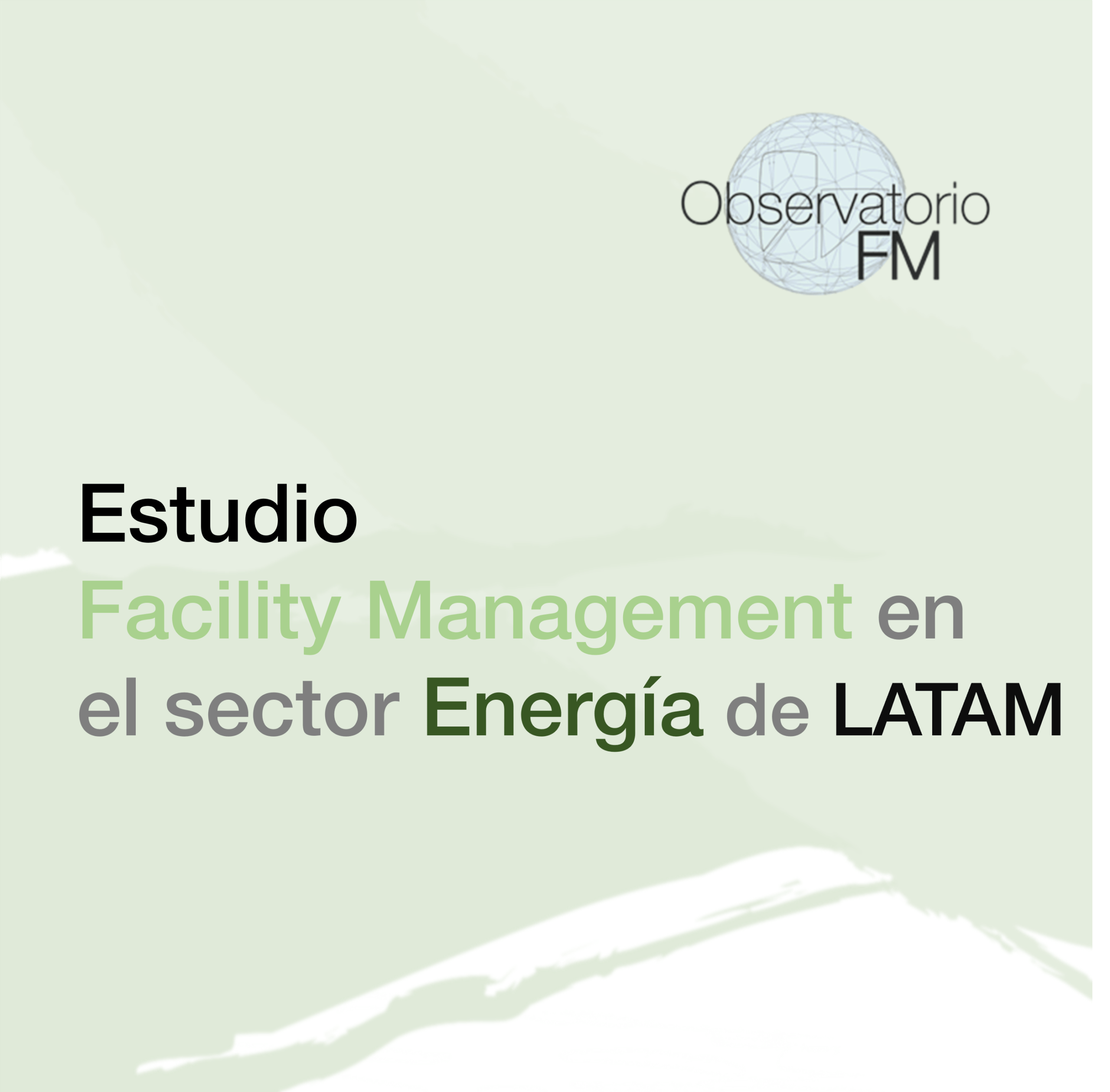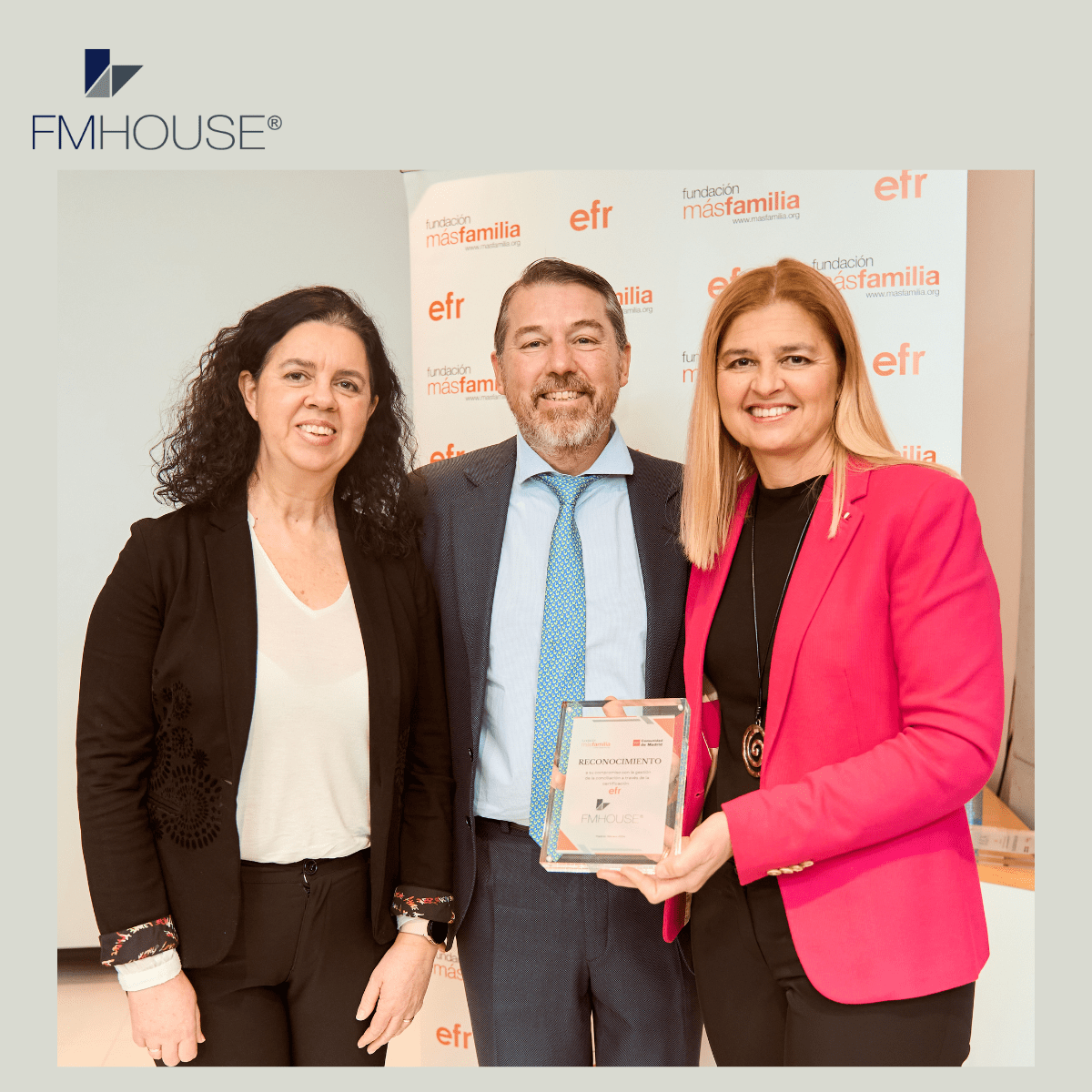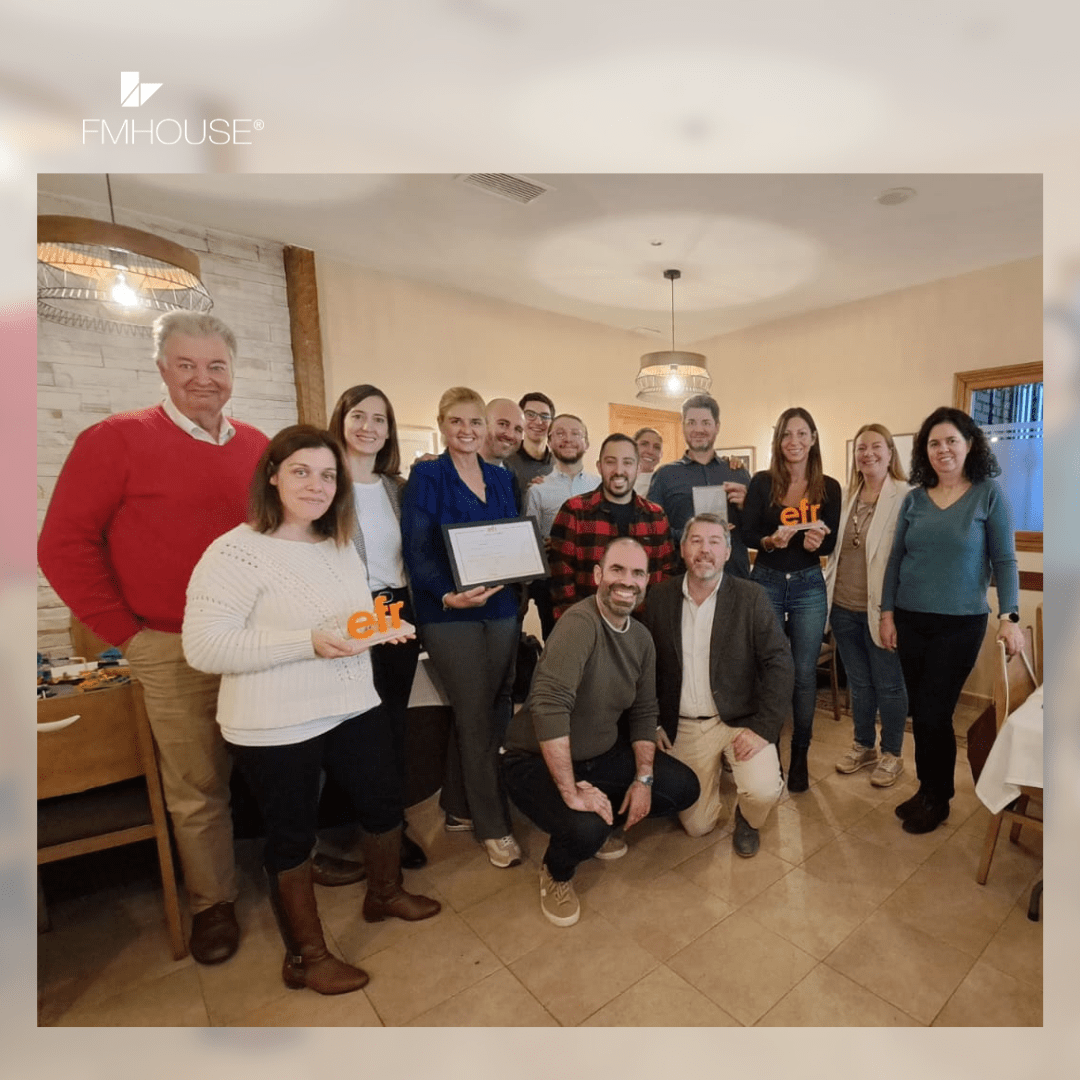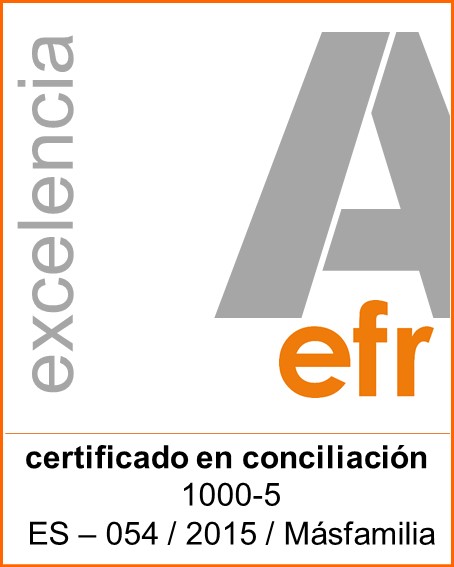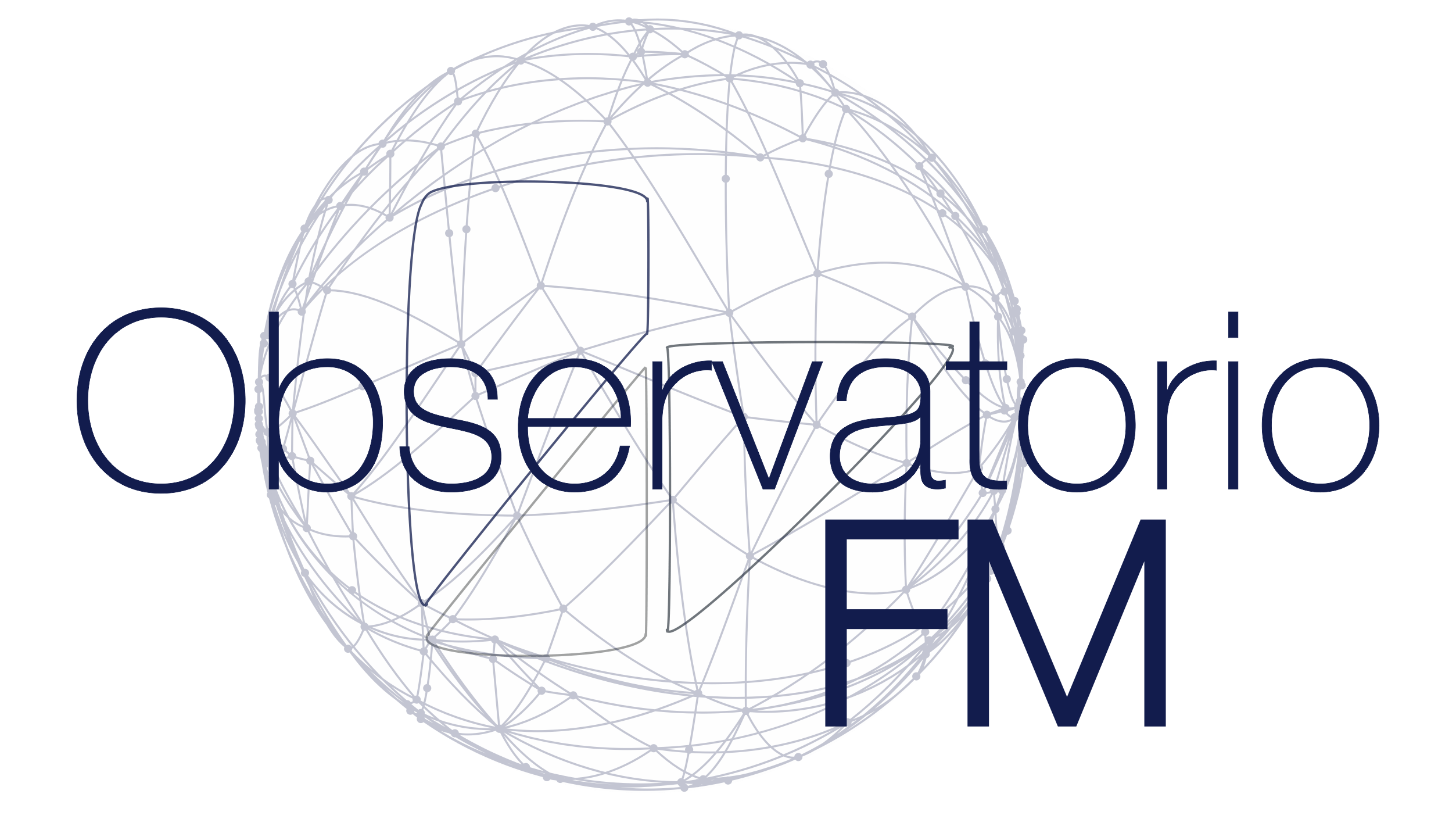Lots of people know (though not everyone, sadly enough) that a good Facility Management model saves money to the organization. Too often we see very high saving figures and percentages and, honestly, I would like those who quote them to explain where they come from or prove them because, instead of making the discipline more attractive, they make it look like an unachievable panacea or a fairy tale. Data should be given in a very precise way to make it believable and, furthermost, they should be properly proven.
The aim of this series of reflections is exactly that: sharing the explanation of where and how those savings can be obtained (without percentages, since they cannot be applied thoughtlessly or proved) to help everyone “sell” FM in the best way: we as consultants, services providers or even Facility Managers within our organizations, so we are allowed to do more and achieve recognition growth.
The subject I want to approach in this occasion can be summed up just by saying:
“Launching an invitation to tender costs a lot of money”
Depending on the number of services that the FM department (or however the department that manages services is called) is in charge of and, of course, depending on the expiration dates of the existing contracts, every organization has periods of time where the main activity, or even the only one, is launching invitations to tender. At first sight, this can seem right and part of the usual activity of the department, but it is not and the resources needed in the process are not proportional to the benefits obtained.
Organizing an invitation to tender is not easy and organizing it right means, in many cases, adding changes and new ways of doing things, from service needs analysis to the steps to follow in the contracting process itself. Experience tells us that very few professionals want put on their shoulders the decision making processes that can bring changes. No one wants to become the target of the consequences “if something goes wrong”, so many times contracts end up being a copy-paste document where almost only the dates get changed.
Other than the barrier of change, that means ending up not having the best process or not having the best contract just because of the fear to change and innovate. Impacts on costs can be identified, relating them to the 3 levels on the bidding process itself:
(i) Organizing an invitation to tender is costly for the client that needs the service because it takes up many working hours and employee training, employees that could be doing other things, such as service compliance control or continuous improvement activities, which, for sure, gives back more to the company. In many cases other departments (Legal, Purchasing, Administration, etc.) must get involved in the process, which means that the impact of organizing an invitation to tender involves not only to the FM department, but other departments too. This resource consumption with just the aim of getting a better service is not justified and should be optimized.
The thought of “if there is something better out there” is accepted and considered, as it is part of the analysis with the internal service control process (if properly designed) in an area which should include as an advantage of a good compassion with the competence. Furthermore, in a properly designed service, the best service delivery is taken for granted from day one and it should be adapted as the organization´s needs and changes happen without losing quality. Furthermore we will need a good compliance evaluation and a continuous improvement policy (essential to FM) which makes it possible to obtain the best service delivery throughout the service contract duration.
(ii) An invitation to tender is also costly for the service provider because, though they are probably already providing a good service and meeting objectives successfully, they know from the day the contract starts that its assignment has an expiration day, after which the service provider will become again “one amongst others” aiming to keep the account. This creates a lack of trust and weaker commitment when investing to provide a better service, for sure.
Although upfront you might think this is not a cost, so not a possible saving, what it is not having the best possible service provision offer, for example being able to include extra activities which could be included in a longer term contract.
Furthermore, the costs linked to participating in an invitation to tender which service providers have to cover, added to the larger risk of losing the contract or not winning it at the first opportunity, will for sure be allocated somehow to the services given, and who pays for these costs is eventually the client. It is commonly agreed that the more contracts a service provider is awarded, the less cost it will take for them to participate in tender processes and vice versa.
(iii) Finally, this process is also costly for end-users as recipient of most of the services provided. Although some services do not affect them or cannot be perceived directly as such, like technical maintenance or life cycle control; other services do and they have a strong impact in their daily activity such as catering, transportation, reception desk or even cleaning services. Seeing or perceiving that those who provide the service change from time to time means that they may have to change the ways of working with them and / or even the people they work with. It is commonly agreed that an employee who suffers change at his workplace reduces his productivity. As mentioned before, we will not give data that cannot be applied directly so we will settle with the proven fact that a productivity decrease exists and that this affects the company’s competitiveness.
So, should we not launch tender processes? Of course not, we should organize them (that is how some of us earn a living), but with well-defined needs, with more flexible models, with longer duration contracts that can allow service providers to get more involved in the services and invest in them. Adding scopes partially proposed by service providers as the experts they are, with control elements and variable income payments that value compliance and adaptation to changing needs, etc. If we do this in this way we can, for sure, at least duplicate the period of time between every invitation to tender and use our resources for something more productive.
So, to sum up, let’s organize better invitations to tender and we will all save time and money.
> Photo by: 401(K) 2012 http://bit.ly/1yhif1d



